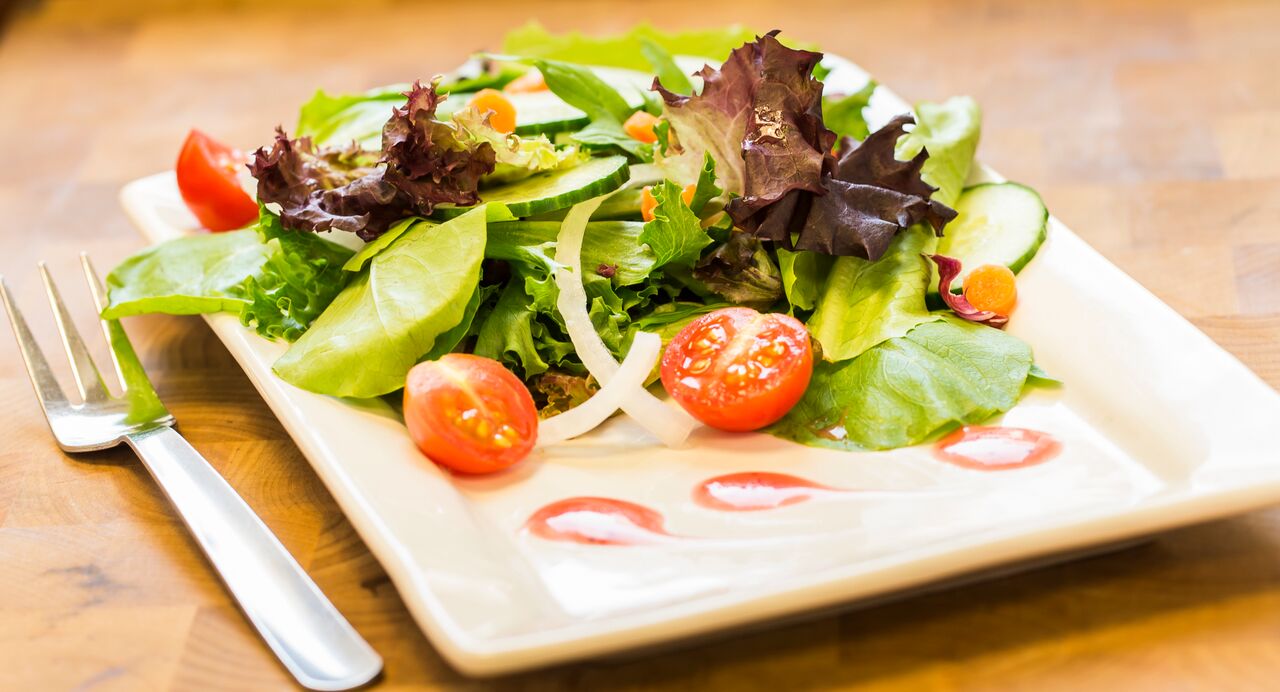
Fueling For Health - Using Nutrition to Combat Inflammation
What do an avocado, kale and salmon have in common? These are all foods that may help reduce inflammation. Inflammation results in our body at the cellular level from a variety of factors, such as: infection, irritation, injury, stress, illness and even from exercise training stress.
Although inflammation is a natural response, problems develop when chronic inflammatory responses occur. Long term inflammation has now been associated with a variety of health conditions, such as: rheumatoid arthritis, heart disease, type 2 diabetes, some forms of cancer (i.e., breast, colon, prostate), hypertension, Alzheimer’s disease, Parkinson’s disease, psoriasis, Crohn’s disease, asthma, and even macular degeneration.Athletes are not immune from experiencing inflammation. In fact, we want athletes to become inflamed – that is part of the “training response” we are looking for. But too much inflammation is a bad thing.This is one of the reasons we encourage athletes to eat clean, wholesome meals and specifically load up on foods known to reduce inflammation, referred to as anti-inflammatory foods.
The following may help reduce inflammation:
- Salmon, mackerel, herring, sardines
- Omega-3 supplements, foods fortified with omega-3 fatty acids
- Olive oil, Avocado Oil, Avocadoes, Canola Oil, ground flax seeds, flax seed oil
- Walnuts and pumpkin seeds, chia seeds, most nuts & seeds
- Brightly coloured fruits & vegetables (green-kale/spinach/broccoli, red-peppers/tomatoes, yellow-squash/peppers, orange-sweet potato/yam/peppers/melons)
- Turmeric, curcumin, ginger, garlic
Conversely, we want to limit foods that may contribute to inflammation, referred to as “pro-inflammatory” foods. This list includes:
- Omega 6 Sources: safflower oil, sunflower oil, sesame oil, soybean oil, partially hydrogenated oils, hydrogenated margarines
- Processed snack foods: cookies, crackers, chips, fast foods
- Deep fried foods (French fries, doughnuts, onion rings, chicken fingers)
- Hydrogenated oils used in baked goods, vegetable shortening (check labels)
- High fat dairy products (e.g. cheese, cream, butter, etc.)
- Palm oil, coconut milk, palm kernel oil – saturated fat and trans fats
- Refined/processed grains (e.g. white bread, white flour)
Fuel for Gold’s menu is designed with food choices to reduce inflammation. Meals are made from scratch emphasizing vegetables and healthy oils - a good start to the Anti-Inflammatory Diet.
For more information on Fuel for Gold’s menu for active living.